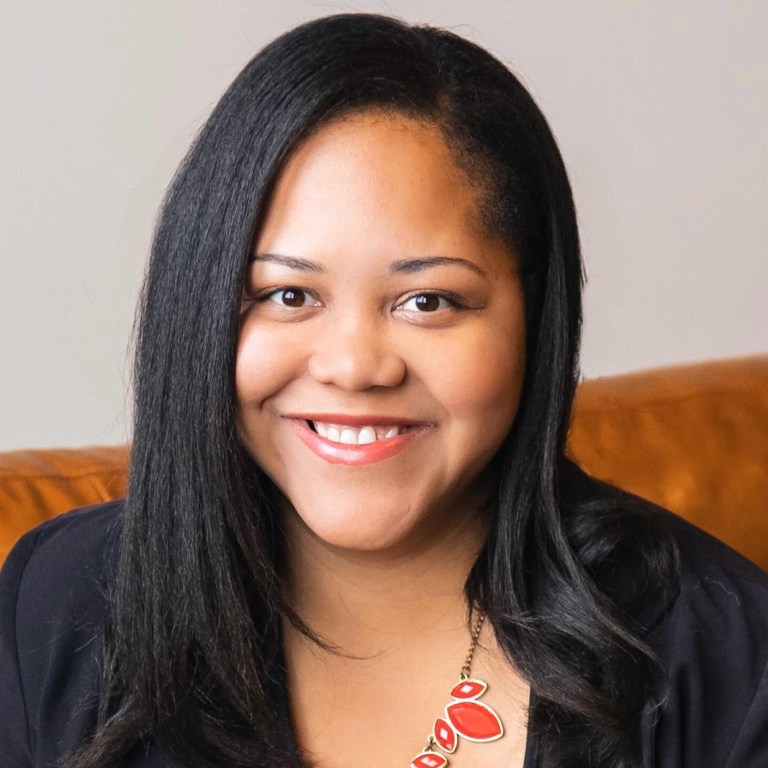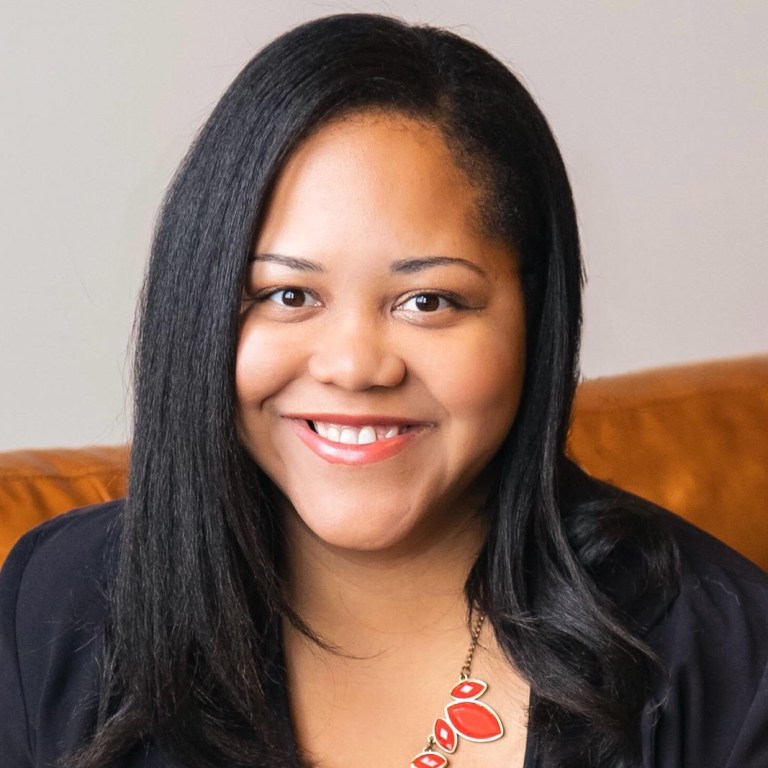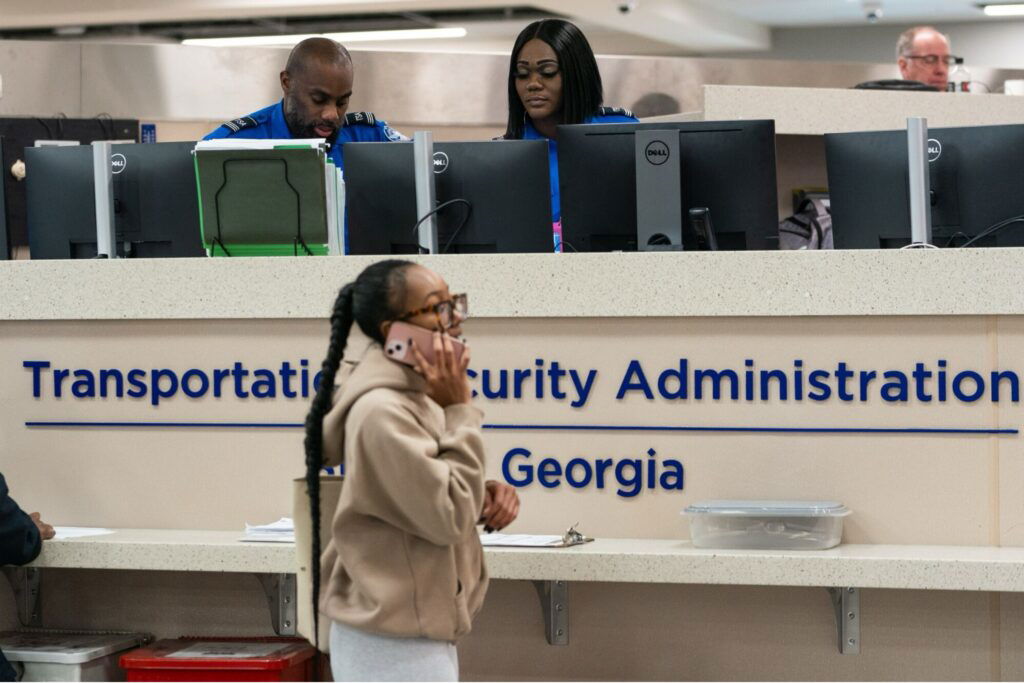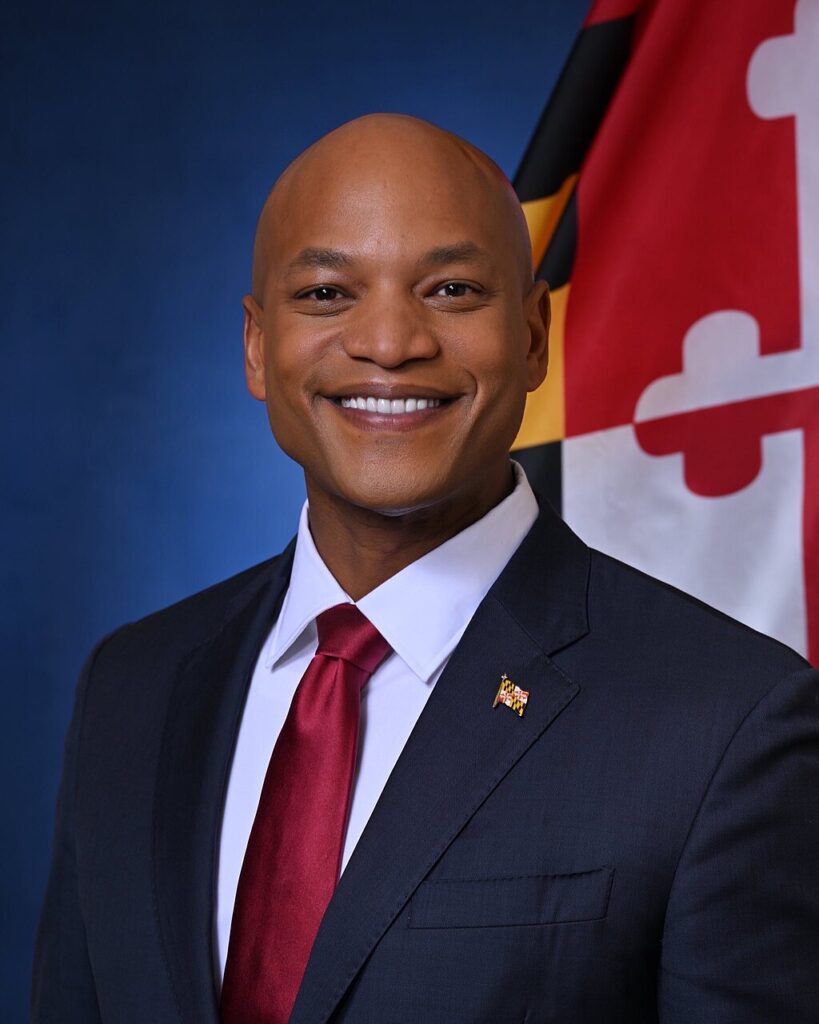Editor’s note: The following article is an op-ed, and the views expressed are the author’s own. Read more opinions on theGrio.
“There’s just no inventory for affordable housing at all.” That’s a direct quote from Jeffrey from Atlanta, Georgia, one of 200,000+ people who participated in the largest survey of Black people in U.S. history.
Jeffrey wasn’t alone in saying housing is a pressing concern. Participants in my organization’s Black Census Project pointed to the lack of affordable housing as one of the most pressing economic issues facing Black people in the country today. Homeownership is a key component to building stability and a gateway to generational wealth, but systemic barriers have largely kept Black people from being able to reach this milestone. If candidates for local, state and federal office want to win over Black voters, they are going to have to respond.
The homeownership gap for Black Americans is larger now than it was in 1968 when housing discrimination was legal. Black communities across the country are feeling the pressure of being unable to find and maintain housing, as costs for renting and buying a home soar. On average, the majority of Black household income goes toward rent or a mortgage, leaving low-income households with barely more than $15 per day to meet all other basic needs, including food, transport, healthcare and savings.
Some lawmakers and candidates for office want to say immigrants are causing the U.S. housing crisis, but that’s just not true. One of the main reasons we are in crisis is corporate greed. In many Black communities, large companies and investors are buying up land for expensive condos and apartments, while in others they are stockpiling houses in need of rehabilitation work. In both cases, many of these properties are sitting abandoned — and local and state officials aren’t doing anything about it.
These disparities are also a direct result of years of policies that keep Black people from accessing housing. Redlining and other race-based, exclusionary tactics historically kept Black people out of white neighborhoods, denied us access to mortgages, and devalued our homes. Today, homes in Black neighborhoods continue to be undervalued by $48,000 per home on average, amounting to $156 billion in cumulative losses to Black communities. Income barriers, insufficient credit, and an inability to afford a down payment regularly keep Black people from owning a home. Renters are also struggling with affording their rent and from a lack of protections against displacement and eviction.
Recommended Stories
What can the government do about this problem? We recently published the Black Economic Agenda in response to our census findings, and it offers several policy solutions for expanding Black people’s access to housing. Here are three:
1. Widening homeownership options by developing programs to preserve and expand housing affordability and availability. Vice President Harris released a plan in September to support and accelerate the construction of three million units of housing through direct investments, tax incentives and other means. The plan also includes up to $25,000 in downpayment assistance for qualified buyers. It’s a welcome proposal with the potential for real and lasting impact for Black people seeking housing, but it is going to need real and substantive support from local governments across the country to make it happen. Another idea worth exploring: “shared-equity” programs that tap public and private dollars to build or buy homes that are then sold at a reduced rate to low- and moderate-income buyers.
2. Strengthening rent regulations and establishing stronger eviction protections. Today, 54% of Black renter households are cost-burdened, meaning more than a third of their income goes to rent — and the cost of rent has been rising faster than wages across the board. States need to pass rent stabilization laws to protect tenants from excessive increases and reduce the risk of displacement and homelessness.
In addition, with more than half of all eviction filings being against Black renters, Black renters need more support to avoid eviction, such as mediation services and legal representation. Data show that 93 percent of tenants in Cleveland with legal representation avoided an eviction or an involuntary move.
3. Fund affordable housing trust funds. Housing trust funds are created and administered at the city, county or state level to support the production, preservation, rehabilitation, and preservation of owner-occupied housing. The funds can also be used for down payment assistance and other needs. Currently, just 14 states have passed laws to encourage or enable local jurisdictions to dedicate public funds to affordable housing.
Two other solutions are modernizing local zoning and land use regulations so builders and developers can build more housing at lower costs and making mortgages more obtainable by incorporating timely rent payments in credit history and credit scores.
Candidates and lawmakers at all levels of government must pay attention to this issue. Black voters are a critical voting block that will decide the election for President and many other offices at the state and local levels—and Black voters want to see housing solutions. No more scapegoating immigrants. No more kowtowing to corporate investors.
Addressing Black voters’ concerns about housing and other core economic issues is a winning strategy for candidates and parties. Now is the time for policymakers and advocates to rewrite the rules in a way that centers Black people and our needs. And now is the time for Black voters to turn out and vote for local, state and federal lawmakers who are taking action on real solutions that support Black people—and all Americans—to find a decent, affordable place to call home.

Kristin Powell is principal of the Black to the Future Action Fund and Black Futures Lab.





